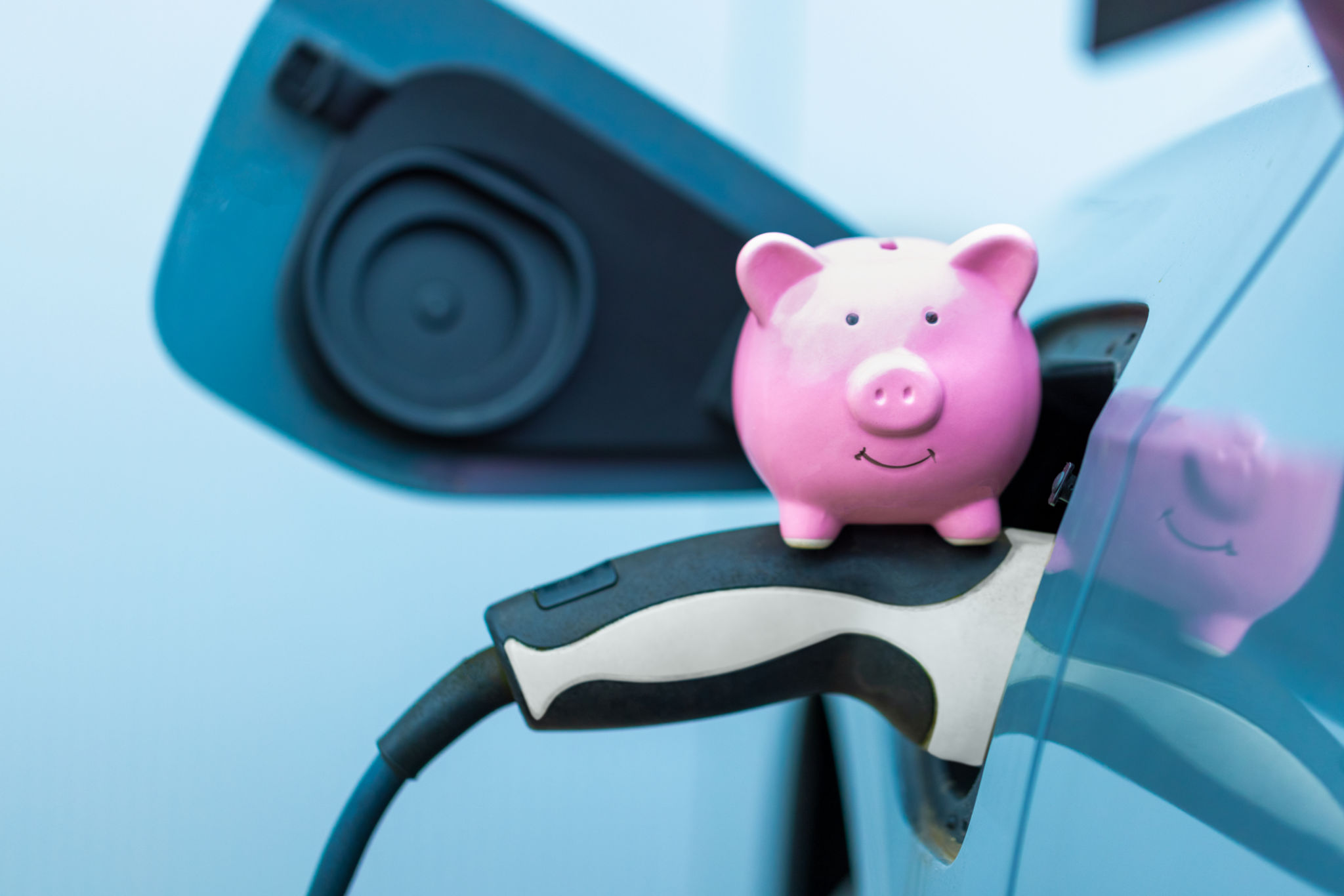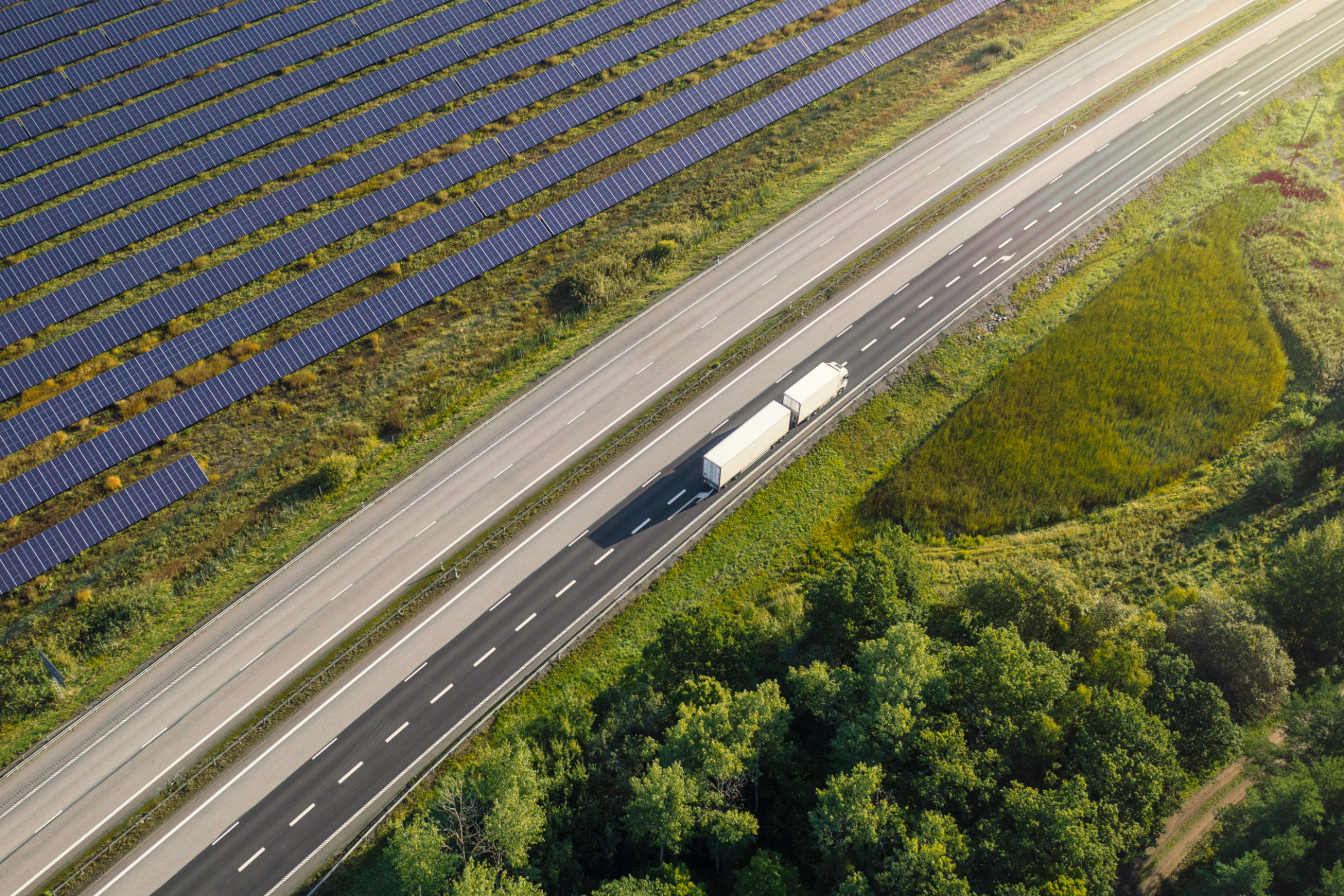Case Study: How Switching to an Electric Vehicle Saved a Kings County Family Money
Introduction to Electric Vehicles
As the world shifts towards sustainable energy solutions, electric vehicles (EVs) are becoming increasingly popular. For one family in Kings County, the transition from a traditional gas-powered car to an electric vehicle brought unexpected financial benefits. This case study explores how making the switch saved the family money and contributed to a more eco-friendly lifestyle.

Initial Investment and Incentives
The Kings County family initially hesitated due to the perceived high cost of purchasing an EV. However, they discovered several incentives that significantly reduced the upfront expenses. The federal government offers a tax credit for new electric vehicle purchases, which helped lower the initial cost. Additionally, state and local programs provided rebates and incentives, making the transition more affordable than expected.
Understanding Total Cost of Ownership
While the initial purchase price of an EV can be higher than that of a traditional car, it's crucial to consider the total cost of ownership. This includes factors like fuel costs, maintenance, and insurance. The Kings County family quickly realized that EVs have fewer moving parts than internal combustion engines, resulting in lower maintenance costs over time.
Significant Savings on Fuel
One of the most substantial areas of savings for the family was on fuel. Charging an electric vehicle is considerably cheaper than filling up a gas tank. On average, the family found they were saving hundreds of dollars each month on fuel alone. This savings directly increased their disposable income, allowing for more flexibility in their monthly budget.

Reduced Maintenance Costs
Electric vehicles require less maintenance compared to their gas-powered counterparts. With no oil changes needed and fewer mechanical components likely to break down, the Kings County family enjoyed reduced maintenance expenses. Their EV's regenerative braking system also resulted in longer-lasting brake components, further decreasing costs.
Environmental Impact and Community Benefits
Beyond financial savings, the family felt good about reducing their carbon footprint. Switching to an electric vehicle significantly decreased their greenhouse gas emissions, contributing to cleaner air in Kings County. This decision resonated with their values and inspired their community to consider similar changes.

Future-Proofing with Renewable Energy
The family decided to install solar panels at their home, further maximizing their investment in renewable energy. By generating their own electricity, they were able to charge their EV at a fraction of the cost. This sustainable approach not only enhanced their energy independence but also increased the value of their property.
Conclusion
The Kings County family's experience demonstrates that switching to an electric vehicle can offer significant financial and environmental benefits. By taking advantage of incentives and understanding the total cost of ownership, they managed to save money while supporting a cleaner planet. Their success story serves as an inspiration for others considering the transition to electric vehicles.